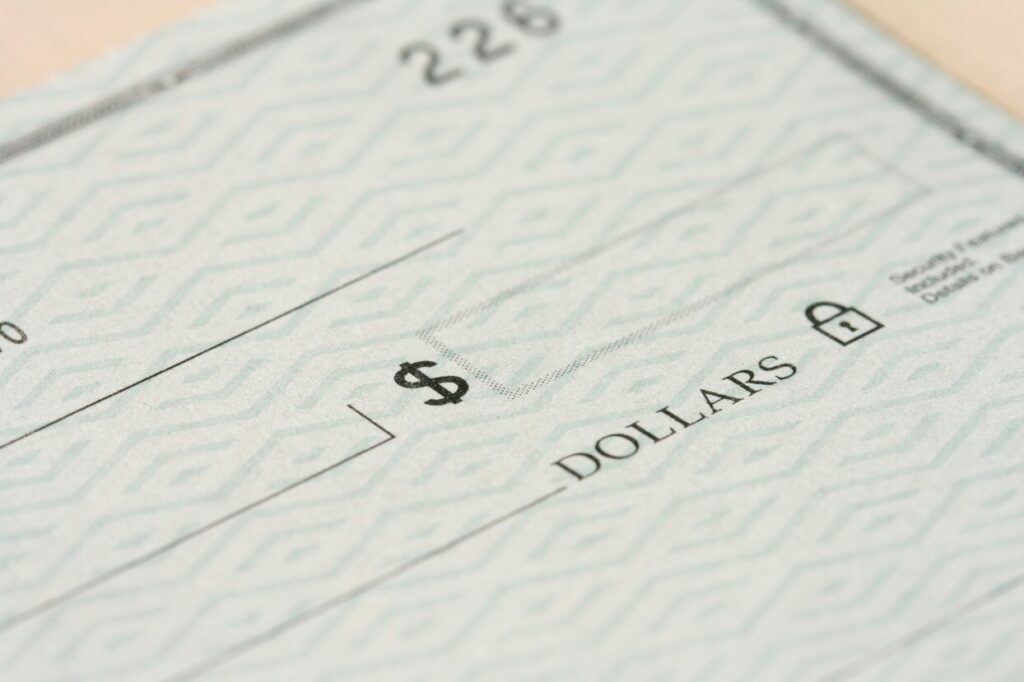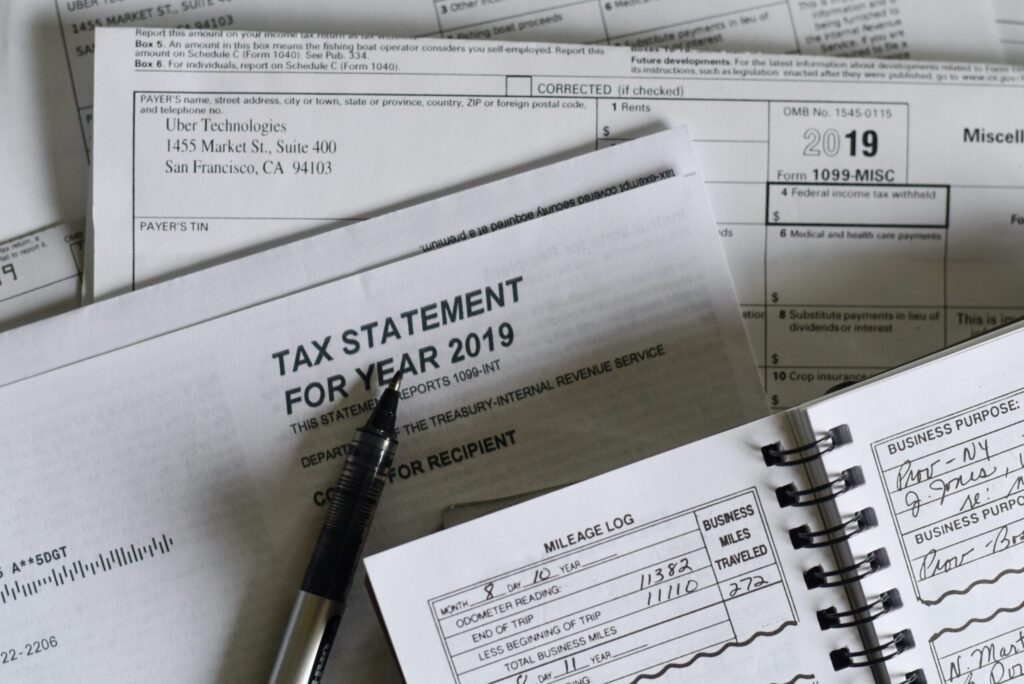In Canada this year, the average amount of consumer debt (non-mortgage) rose to $21,128 in Q2 2022 which naturally results in a huge amount of Canadians looking for debt relief across the country. As well as several debt relief options out there, including consumer proposals and bankruptcy, many Canadians are looking to address their own debt settlements. Depending on your circumstances, debt settlement may be a good option for you. It can be carried out legally via a professional like a Licensed Insolvency Trustee, more informally with the support of a third-party credit counselling agency, or even on your own. In this article, we will share how to negotiate credit card debt settlement yourself in Canada, and how this compares to going down a more professional route.
What is debt settlement?
Debt settlement is essentially the concept of negotiating with credit card companies to pay them less than what is owed. Debt settlement means that creditors will get less than the original amount of debt you owe. The goal of debt settlement is a reduction in your debt. Debt settlement can be carried out in a way that is legally binding when you file a consumer proposal. Consumer proposals can reduce your debt by up to 80%, although they must be filed by a Licensed Insolvency Trustee, the only professionals in Canada legally able to file all forms of debt relief. It is also possible to try and negotiate credit card debt settlement yourself. In this article, we will explore the pros and cons of professional debt settlement and settling debt independently.
How to negotiate credit card debt settlement yourself in Canada
When you choose to negotiate credit card debt settlement yourself in Canada, it can be quite empowering. It can save you time and money in doing so, although it does take some additional preparation and research. By negotiating credit card debt yourself, you can potentially reduce your interest rate, and lower the overall amount of debt you have. It could also allow you to improve your credit score in the long term. Although the idea of negotiating credit card debt settlement yourself can seem a little intimidating, creditors would rather receive something than nothing. Provided you go to your lenders with a reasonable figure, they are more likely to agree to your proposal, and even more so if you can offer a lump sum payment. While not everyone who attempts to negotiate credit card debt settlement is successful, by knowing your rights and researching a plan, you may be able to persuade them on your own. Here are some tips to negotiating a debt settlement on your own.
Establish your goals
Before you enter credit card debt settlement negotiation, you must know exactly what you want to get out of the conversation. Often, there is no set conclusion from the call, so you need to steer the call as best as you can and know the outcomes you want. Your goals will differ depending on your credit card debt. Perhaps you want to lower your interest rate, remove penalty fees, change your payment schedule, or even start afresh.
Create a budget
The first step is to create a budget so that you can accurately determine what you can reasonably afford to pay towards your debts. It is a good idea to create a spreadsheet to capture all of this information, listing all of your income and expenses. This will help you to establish whether or not you have enough money to put together a lump sum offer to your creditors when negotiating.
Share the story around your financial circumstances
In order to gain the empathy of your creditors, you may wish to share a story on your financial circumstances, and the reason why you have come into debt, or found yourself behind when making payments. It could be a good idea to provide copies of any bills or statements that support your story, so that you can share them with your creditor when you need to.
Research your rights
Before you enter negotiations with your creditors, you will want to carefully research your rights and learn exactly what debt collectors can and cannot say to you. Debt collectors could try to use tactics and strategies to intimidate you, so you need to be prepared for situations like this. Make sure you study the regulations that the collection agencies need to adhere to. Learn more about what to say to collection agencies. Do not be afraid to end the conversation and hang up if the call becomes nasty or threatening.
Ensure you are speaking to someone in a position of power
Ensure you are speaking to someone with power before negotiating a debt settlement. You do not want to waste time negotiating if the person you are speaking to is not in a position of power to do anything about your potential debt settlement. If the debt is not already in collections, try to speak to the original creditor.
Take notes during your conversation
As part of your negotiation, you should ask plenty of questions to ensure you are entirely clear on your agreement. Document the conversation as you go, and make sure you ask for formal documentation that supports any agreement you come to on your call. If you are unable to agree, do not be afraid to end the conversation and call back later.
Prepare for resistance
Having goals does not unfortunately guarantee that creditors will empathize with you immediately. You should make sure you are ready for resistance and pushback from your creditor. There are a few things you can do to prepare. Firstly, keep objective and remain calm throughout the conversation. If you are usually responsible and perhaps fell into debt due to an incident like a job loss, you should make this clear to your creditor. Stick to your ground, but be open to compromise – remember, whatever you agree, it must work for you.
Review your debt settlement agreement carefully before signing
Before you formally agree, ensure any payment terms are included within the agreement documents. You should carefully review each part of the agreement, checking to see there are no other rules that may contradict the agreement you discussed on the phone. Once your payment plan is agreed, make your payments on time in line with the agreement, and make them regularly until your credit card debt is gone.
What if your credit card debt settlement negotiation fails?
If your creditors do not agree to negotiate with you, do not fret. Creditors are very experienced in negotiating, and they know what to say and do on these calls. If your credit card debt settlement negotiation fails, it may be time to work with an expert to help you. A credit counsellor might be able to help you negotiate with creditors to remove penalties or reduce your interest rate. A Licensed Insolvency Trustee is another option – as experts in debt negotiation, they can have these difficult calls with your creditors on your behalf.
Getting professional support with negotiating credit card debt settlement
Sometimes, negotiating credit card debt settlement yourself may not be the best solution. Perhaps you are anxious about having the conversation, or do not know where to start. Thankfully, it is possible to gain professional support for formal negotiation on credit card debt. One of the best options is to consult a Licensed Insolvency Trustee. They are the only professionals in Canada legally able to file all forms of debt relief, offering you all of the options available. The first step is to book a free consultation, and they will review your financial circumstances. Following this, they will recommend a pathway for gaining debt relief and will negotiate with your creditors on your behalf.
Benefits of gaining professional support when negotiating credit card debt settlement
There are many advantages of consulting an expert when it comes to debt relief. Financial difficulty can have such a huge impact on the rest of your life, so it is important you get it right when it comes to debt relief. Here are some of the key benefits:
- They are experts in negotiation, and will always work to get the best debt settlement deal to reduce your payments as much as possible. At Spergel, for instance, we have a 99% acceptance rate on any consumer proposals we file.
- Professionals can also help you drastically reduce or clear your debt. Consumer proposals will reduce your debt by up to 80% while allowing you to keep your assets, and bankruptcy will completely clear your unsecured debt for a fresh financial future. Licensed Insolvency Trustees are required to file each form of your debt relief, and will walk you through each step of the process.
- Professional negotiation is more likely to result in a payment plan that offers greater flexibility and affordability when it comes to making your payments.
- Debt settlement is not always the right option for everyone, and professionals can advise you on perhaps another option you may not have considered before. For many, a debt consolidation loan or credit counselling might work best.
As with any form of legal debt relief, you need to consider the risks before proceeding. For instance, your credit score will be impacted depending on your actions, and there could be serious consequences if you agree to a debt settlement and miss payments. If you do not choose to file debt relief with a Licensed Insolvency Trustee, there is a risk that your creditors may not agree to negotiate. Legal forms of debt relief, including consumer proposals and bankruptcy, however, make it almost impossible for creditors to disagree. For this reason, it is a good idea to consult an expert to learn more about your options.
For further advice on how to negotiate credit card debt settlement yourself in Canada, book a free consultation with Spergel. Our expert Licensed Insolvency Trustees have years of experience in working with creditors and negotiating with them on our clients’ behalf. We can advise you on the best steps to take when it comes to negotiating down your credit card debt.



















